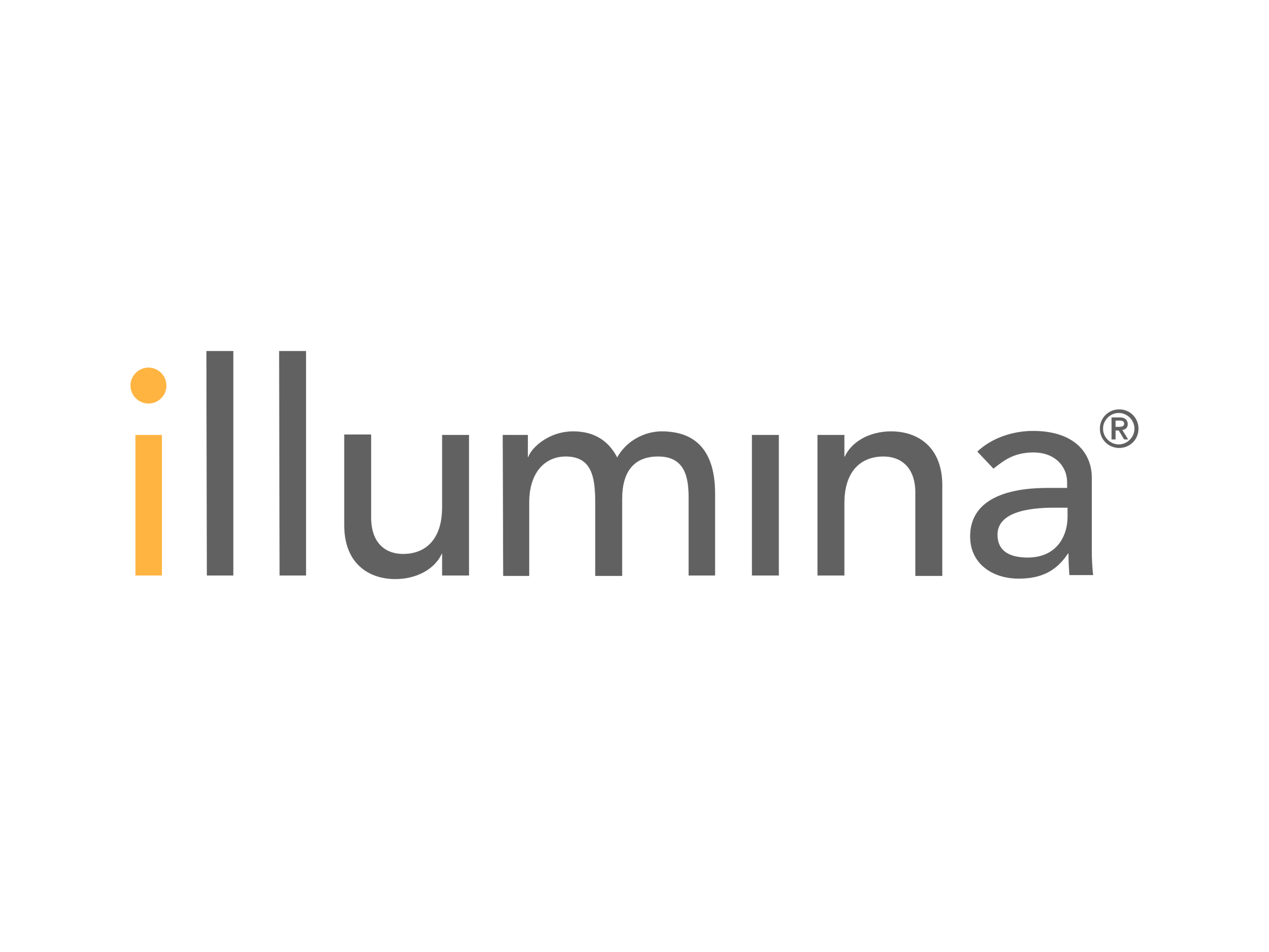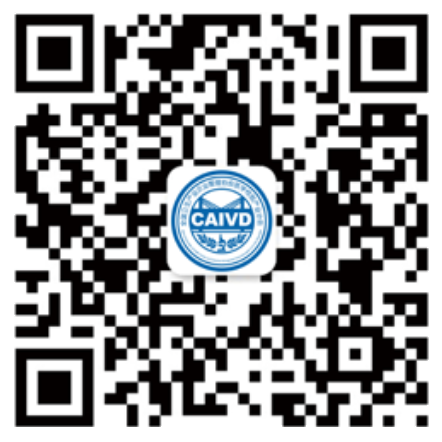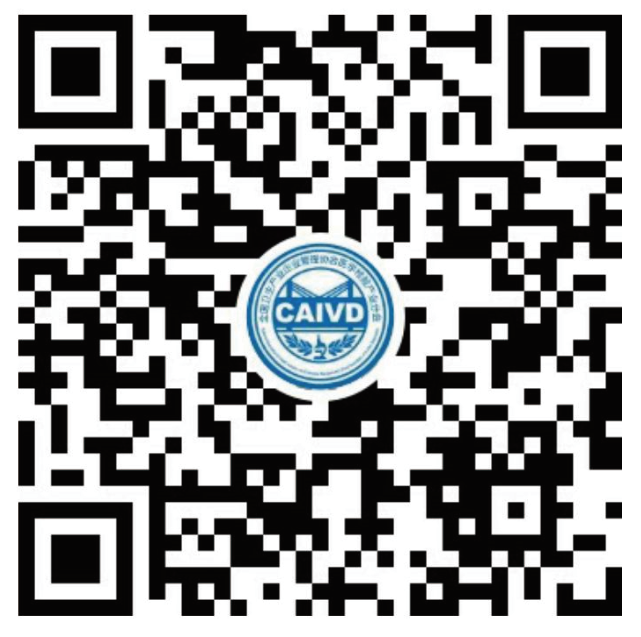
Illumina Touts New Partnerships, Sequencing Technology at JP Morgan Healthcare Conference
2022/1/13 10:40:11 Views£ļ1478
Original from: GenomeWeb
Illumina announced a bevy of new business partnerships, products, and technology advances Monday at the 2022 JP Morgan Healthcare Conference, held virtually this week.
The company also released preliminary fourth quarter and full-year 2021 financial results. Fourth quarter revenues grew 25 percent, year over year, while full-year revenues grew 39 percent.
Illumina is partnering with German pharmaceutical company Boehringer Ingelheim on companion diagnostics, with precision oncology firm Agendia on in vitro diagnostic assay kits, with health services firm Optum on studies to demonstrate the efficacy of genomics-based testing, and with Nashville Biosciences on drug development. Its Grail division partnered with Premier PINC AI to augment its clinical decision support technology and identify patients who might benefit from the Galleri early cancer detection test.
New products coming down the pike include TruSight Oncology Comprehensive (TSO Comp), a distributed IVD kit based on the content of the TSO 500 comprehensive genomic profiling assay; a minimal residual disease test from Grail; and the NovaSeq Dx, a clinical version of Illumina's highest-throughput next-generation sequencing platform. Illumina will also release a new product aimed at undercutting the long-read sequencing market, providing data on genomic regions up to 10 kb in length.
In addition, Illumina teased a new sequencing-by-synthesis chemistry, built from the ground up, that will be the foundation for its future NGS platforms.
"Illumina had a very strong 2021 across our platforms and applications," CEO Francis deSouza said in his JP Morgan conference presentation. "We have tremendous momentum entering 2022, with multiple large growth opportunities spanning existing and larger emerging global markets." Illumina's track record in R&D positions it well to take advantage of these opportunities, he added.
Illumina closed 2021 by recording approximately $1.19 billion in fourth quarter revenues, driven by record consumables shipments to clinical and research customers and record NovaSeq sales.
Sales were strong in most geographic regions, especially the Americas; Europe, the Middle East, and Africa; and Asia, Pacific, and Japan, DeSouza said. Wall Street analysts had estimated Q4 revenues of $1.1 billion.
Full-year revenues were approximately $4.52 billion, approximately $500 million ahead of internal expectations and beating the consensus Wall Street estimate of $4.42 billion. Consumables revenues were up 40 percent, year over year, to approximately $3 billion, and instrument revenues were up 75 percent.
Illumina expects 2022 to be a successful year, as well, providing full-year revenue guidance in the range of $5.15 billion to $5.24 billion, representing growth of 14 to 16 percent. Core Illumina revenues are expected to grow 13 percent to 15 percent, and Grail is projected to have revenue in the range of $70 million to $90 million. The firm expects adjusted EPS in the range of $4 to $4.20.
There are other reasons to expect Illumina's business to grow in 2022 and beyond, deSouza said. The number of people around the world covered by health insurance for genomic testing could double to 2 billion by 2026, he said, and the oncology testing market, valued at about $75 billion, is only 4 percent penetrated. The $14 billion market for cancer therapy selection alone could grow 20 percent in the next three years. In addition, in the wake of the COVID-19 pandemic, $165 billion has been committed globally for pan-pathogen surveillance.
Clinical sequencing is now Illumina's biggest market, and several of Illumina's announcements were made with those customers in mind. "We want to make sure they have content for our platforms," Phil Febbo, Illumina's chief medical officer, said in an interview. The Agendia partnership is "enabling them to put [the] MammaPrint [assay] and intrinsic subtyping on the MiSeq Dx," he said, noting that Illumina has a total of 41 tests in development with 34 partners, including Agendia.
The Boehringer Ingelheim deal illustrates Illumina's drive to create a companion diagnostic assay for new cancer treatments. Under the terms of the agreement, Illumina will codevelop a CDx for a Boehringer Ingelheim investigational drug, but the companies will also plan to add specific CDx claims to the TSO Comp assay Illumina is developing.
TSO Comp, built on the TSO 500 research assay, will run on the NextSeq Dx and could eventually carry CDx claims for other cancer therapies from Illumina's 11 partners. The TSO 500 assay has "exceeded our expectation, in terms of how many customers we have up and going on that platform," Febbo said. Illumina declined to disclose how many customers use the assay, though deSouza said revenues from TSO 500 grew 79 percent in 2021.
Illumina is also preparing to obtain CE-IVD marking and US Food and Drug Administration approval for TSO Comp. Febbo declined to provide a timeline, citing COVID-19-related delays in the regulatory process, but said the assay could be available in Europe "shortly."
Grail has engaged with 14 different pharmaceutical companies regarding its minimal residual disease test, which it plans to launch in 2023. Like Galleri, this assay is based on methylation, so it does not require exome or genome sequencing of a tumor biopsy sample. It should work for about 50 cancer types and have a two- to threefold shorter turnaround time than other MRD assays, deSouza said.
The Optum collaboration offers the chance to work with a sibling company of the largest private payor in the US, UnitedHealthcare, and could help "bring genomics into clinical practice faster," deSouza said. Initial studies, already underway, will focus on cardiovascular disease, rare disease, and oncology, while future studies could include organ transplantation, polychronic patients, and hematological cancers.
Under its new partnership with Vanderbilt University Medical Center spinout Nashville Biosciences, Illumina will sequence 250,000 patients who have been consented for whole-genome testing. "What we know is that we want to be a partner for drug companies," Febbo said, and these data will provide insights for connecting genotypes to phenotypes, he said.
DeSouza also noted Illumina's plans, announced last week, to codevelop a high-throughput proteomics assay with next-gen sequencing readout with SomaLogic.
In terms of new instrumentation, Illumina customers can expect to see the NovaSeq Dx, including a model for the Chinese market, sometime this year.
Looking a bit further ahead, deSouza said Illumina has developed "Chemistry X" to power its upcoming NGS platform releases. The new chemistry cuts cycle times in half, doubles read length, and offers three times greater accuracy, he said. To achieve this, Illumina created new dyes, linkers, blockers, and polymerases and obtained new intellectual property on them. The company has even started building a new large-scale manufacturing facility for it.
A new Dragen graph mapper for bioinformatics will support DNA, RNA, and methylation sequencing and offer dynamic scaling, "so speed is the same for one sample or thousands," deSouza said.
Another new code-named technology aims to take a chunk of the long-read sequencing market that Illumina tried to buy into a few years ago with its failed acquisition of Pacific Biosciences. "Infinity" is a kit that runs on existing Illumina instruments that can provide contiguous data 10 kb in length, deSouza said, offering "coverage for challenging regions of the [human] genome that are indistinguishable from on-market long reads."
Illumina declined to provide technical details on how Infinity works, though, and deSouza dodged a question from JP Morgan analyst Tycho Peterson about whether it would deliver native long reads or synthetic ones.
"It really is totally different from anything you'll see on the market," deSouza said. Infinity can increase throughput tenfold, compared to current long-read sequencing offerings on the market, he claimed, while reducing the necessary DNA input by 90 percent. Early access for Infinity will start in the second half of this year, though at least two researchers have received a sneak peek at it.
"This changes the short- vs. long-read debate and, more importantly, changes how researchers and patients can get critical answers for rare disease," Euan Ashley, medical director of Stanford Clinical Genomics and an early collaborator on Infinity, said in a statement.
On Tuesday, Barclays upgraded shares of Illumina to an Equal Weight rating from Underweight.
In Tuesday trading on the Nasdaq, shares of Illumina closed up 17 percent at $423.80.

- CAIVD WeChat
Subscription Account

- CAIVD WeChat
Channels
China Association of In-vitro Diagnostics
Part of the information in our website is from the internet.
If by any chance it violates your rights, please contact us.

